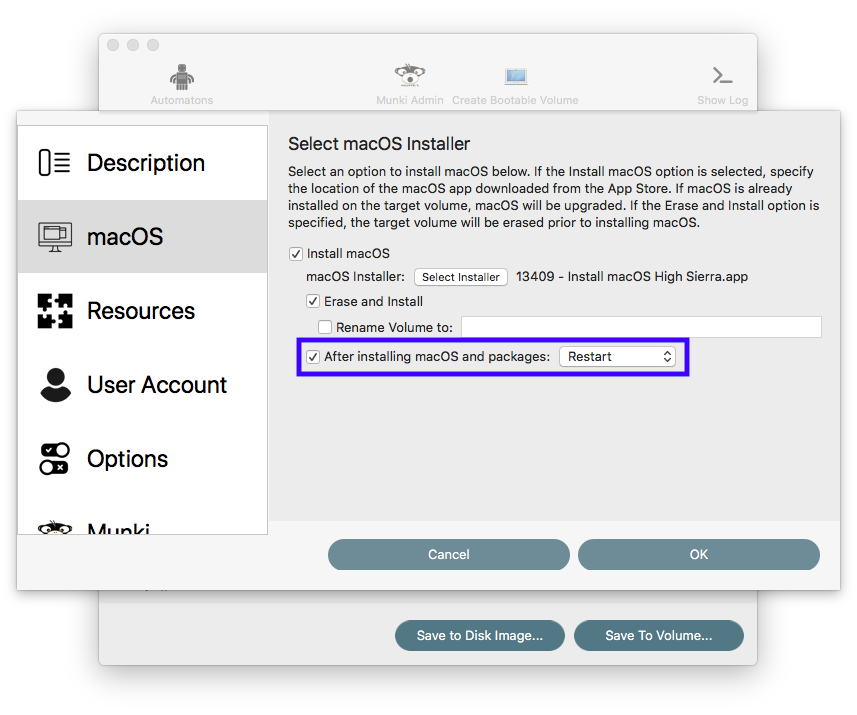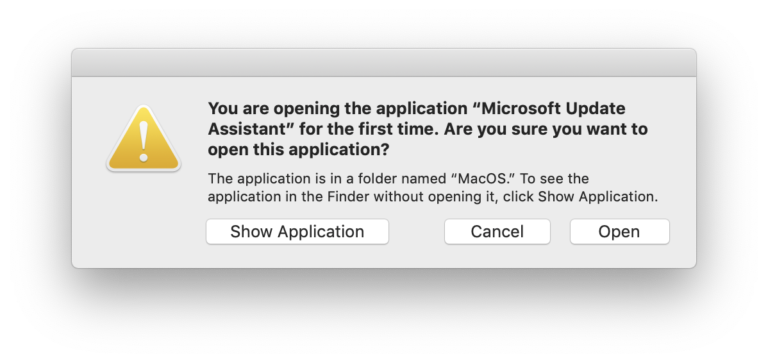
Once the installation has completed, you will also need to update the boot.cfg under the /bootbank partition (before you reboot ESXi host, ALT+F1 to get into ESXi Shell) with this same configuration to ensure ESXi host can boot after you restart. Once you have updated the boot.cfg, you can then boot the ESXi 8.0 installer and be able to bypass the issue mentioned above and continue with the installation. If you do run into this issue, you will need to update the ESXi 8.0 installer boot.cfg which is located under EFI/boot/boot.cfg (typically after you have created the bootable ESXi installer on USB) and you will need to add a new line at the very bottom with the following:

With the help of one of our Engineers, a bypass workaround was suggested as a last resort and to our surprise, it allowed me to successfully boot and install ESXi 8.0 on an Apple Mac Mini 8,1 (2018) ✅. From the error, this could be related to a firmware bug but given ESXi 8.0 is not officially supported, there has been no testing or validation and issues like these can and will occur. I was about to give up but I figure I might as well share this internally in case Engineering might know why this is occurring and maybe even have a workaround. UPDATE (10/11/22) - Thanks to user psm (MacAdmins Slack Group) for sharing ESXi 8.0 works on Apple Mac Mini 7,1 (2014)✅ and reader Jon (left comment) that ESXi 8.0 works on Apple Mac Pro 7,1 (2019)✅ Please use at your own risk.Īttempting to boot the ESXi 8.0 installer on an Apple Mac Mini 8,1 (2018) will halt the installer and result in the following exception. ĭisclaimer: VMware does NOT officially support running ESXi 8.0 on Apple Hardware nor Apple MacOS Virtualization using vSphere 8, this is purely for educational and informational purposes.

While vSphere 7.x is the last vSphere release to officially support Apple MacOS Virtualization running on ESXi, my own curiosity got the best of me and I was just curious if ESXi 8.0 could still run on recent Apple Mac Hardware.


 0 kommentar(er)
0 kommentar(er)
